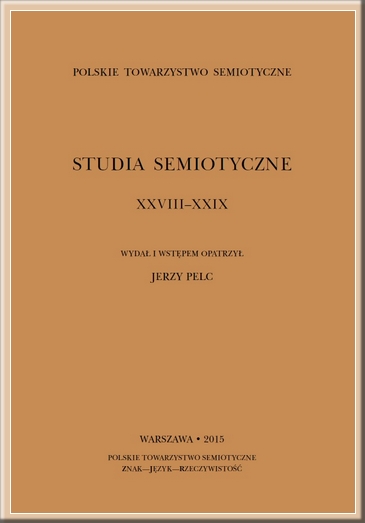Abstract
In the presented article, I have analyzed the famous Saul Kripke statement that some a priori truths are contingent. I show, that despite Kripke’s thesis, in the historical understanding of contingency, the notions of contingency and apriority are in deep conflict with each other. In this understanding of contingency, the past, which can be known a priori, is not contingent, and the future, which is contingent, has difficulty acquiring a priori knowledge. Having stated Kripke’s thesis more precisely, I propose three means in order to defend it in the historical understanding of possibility: (a) by introducing the notion of “factual” future, (b) by replacing the notion of apriority with the notion of apriority-in-the-future; (c) by replacing the notion of apriority with the notion of historical apriority, and the notion of contingency with the notion of once-apriority. In the annex of the article, I present the formal analysis of the problem that I have introduced and three solutions which I have proposed in the language of temporal-modal logic of predicates for models of indeterministic time.

